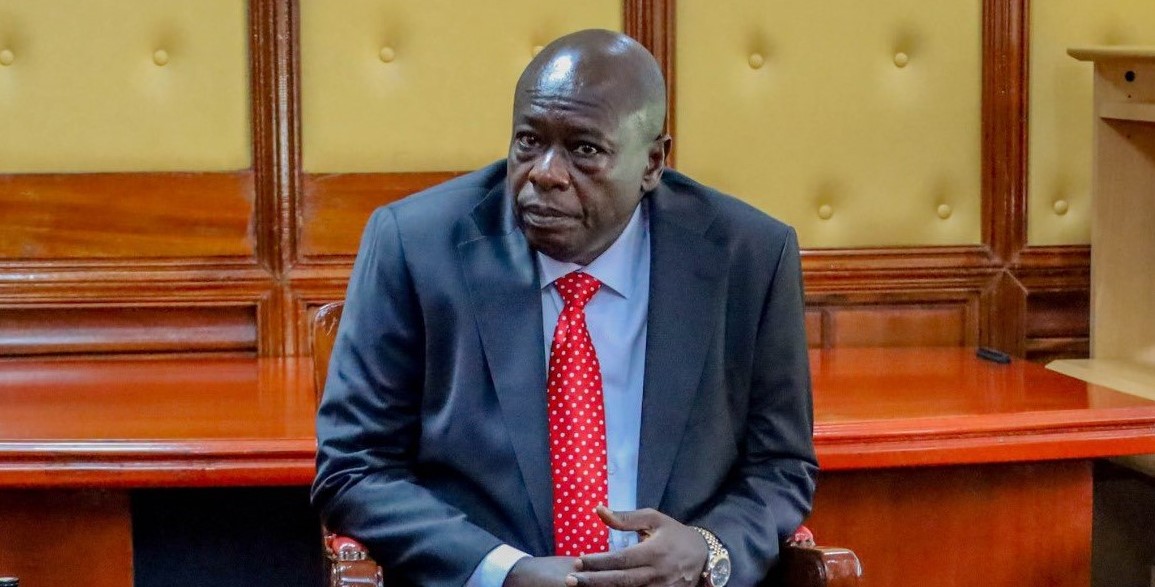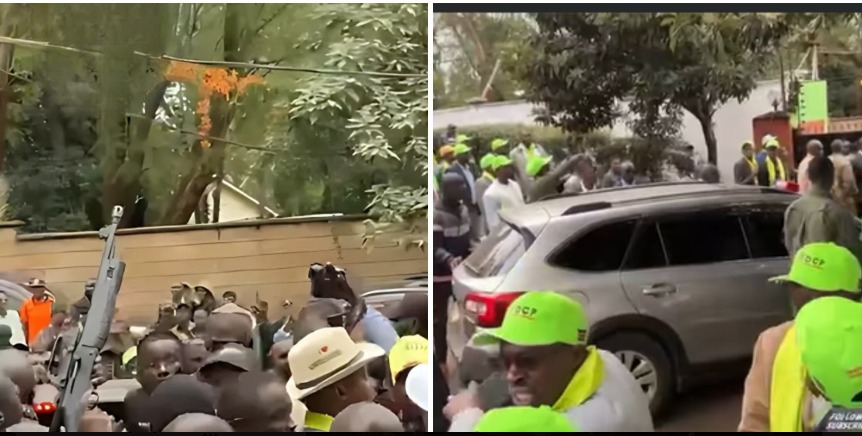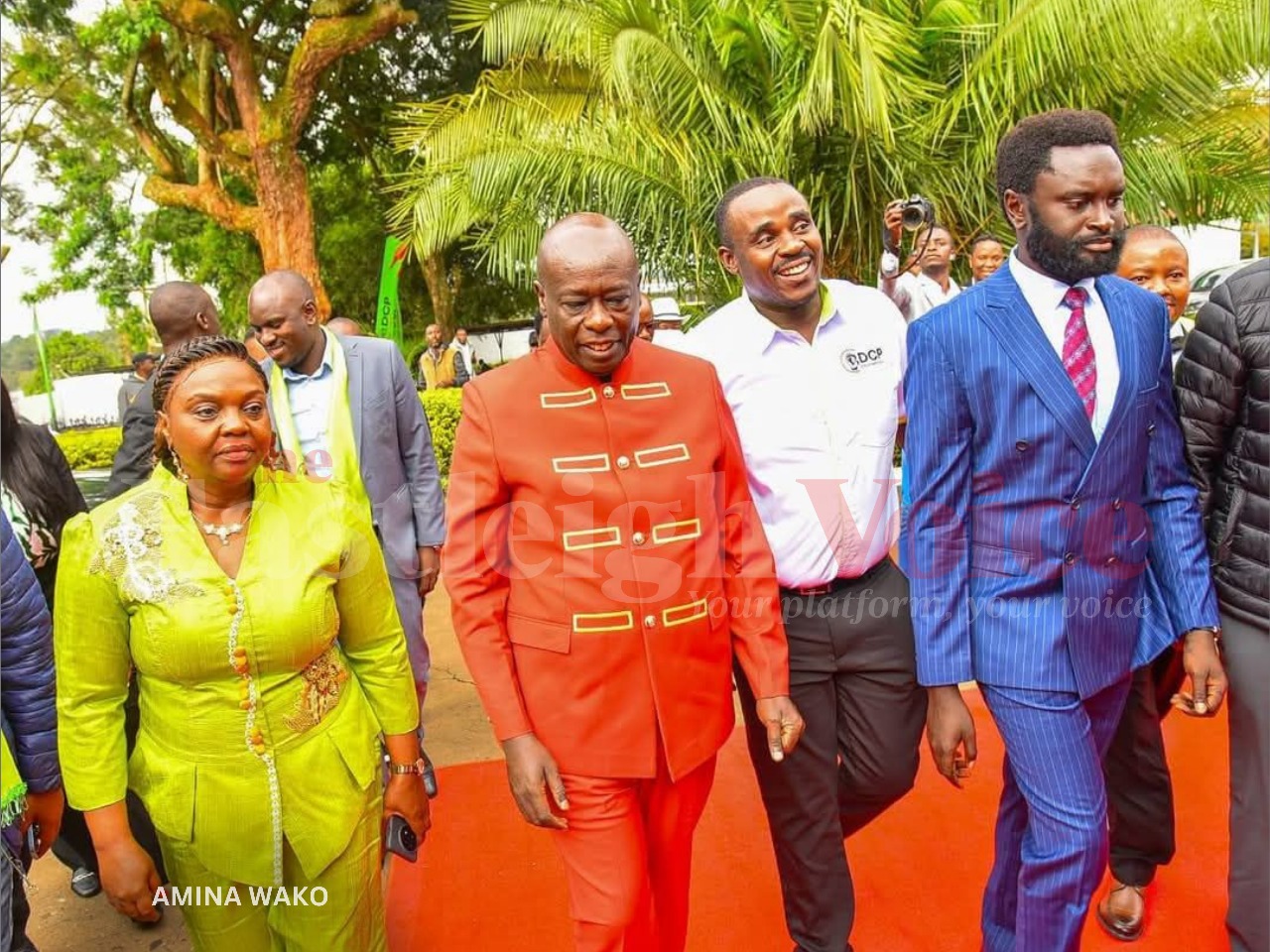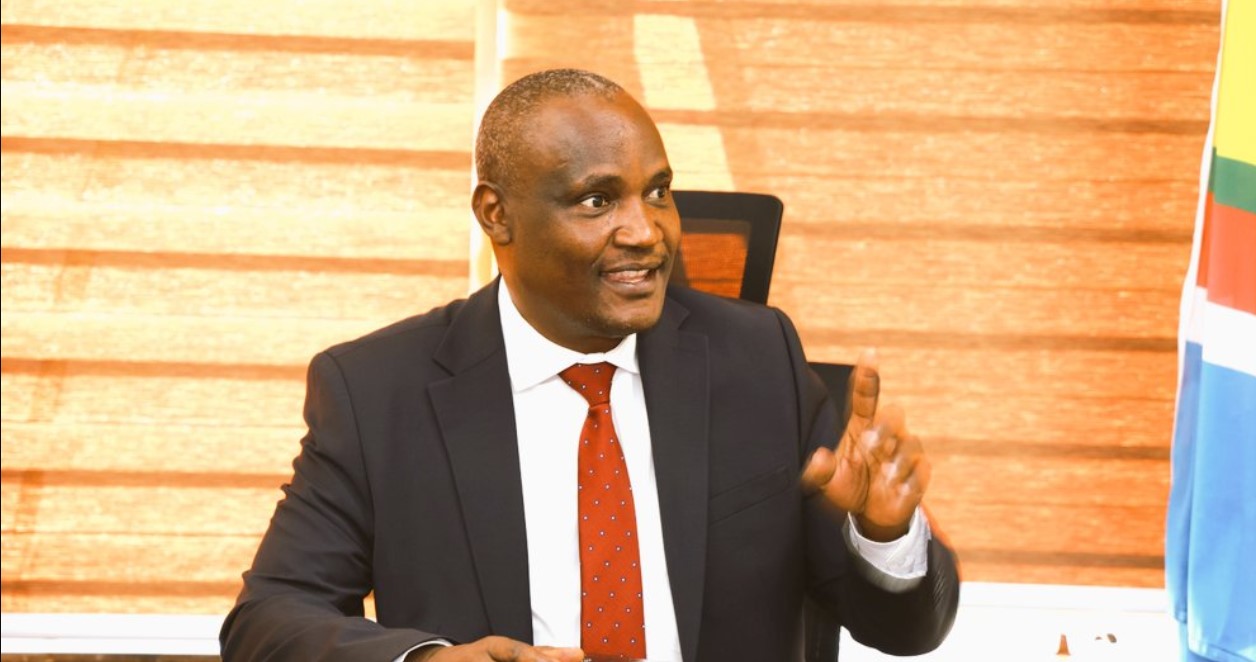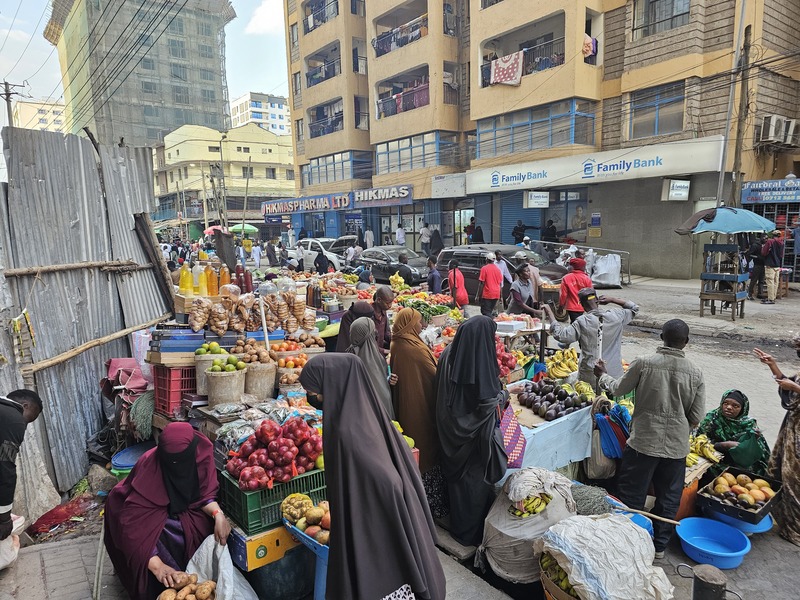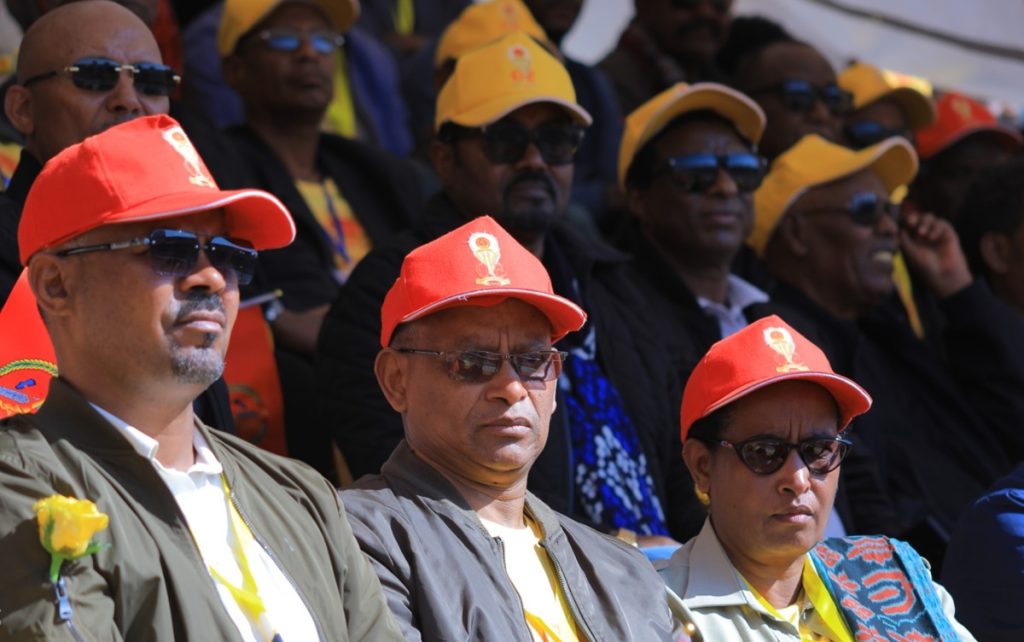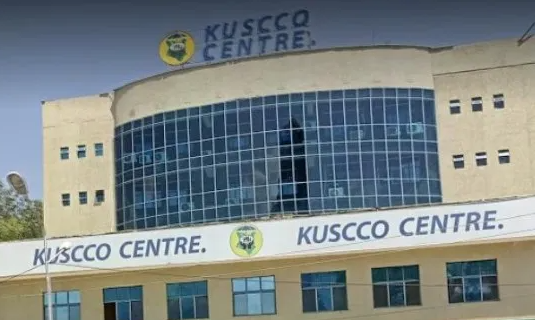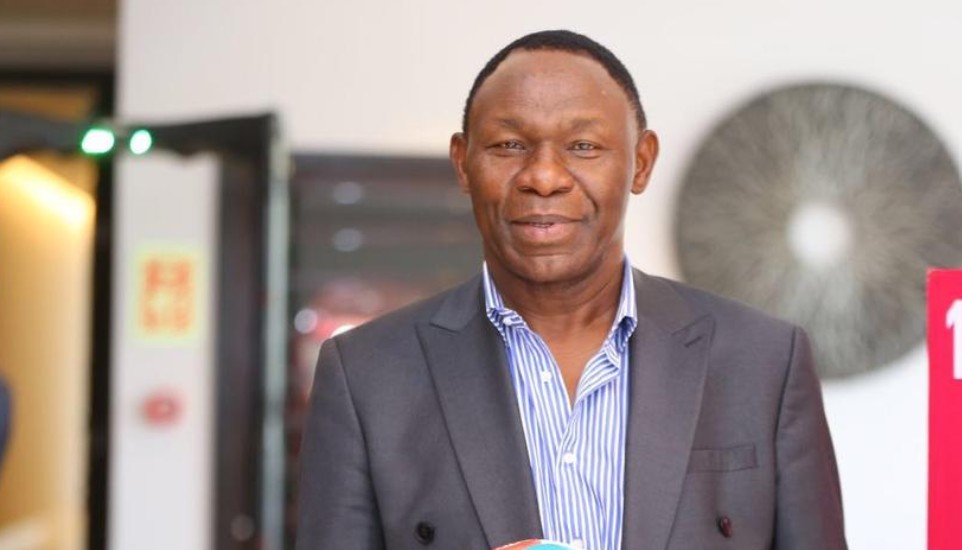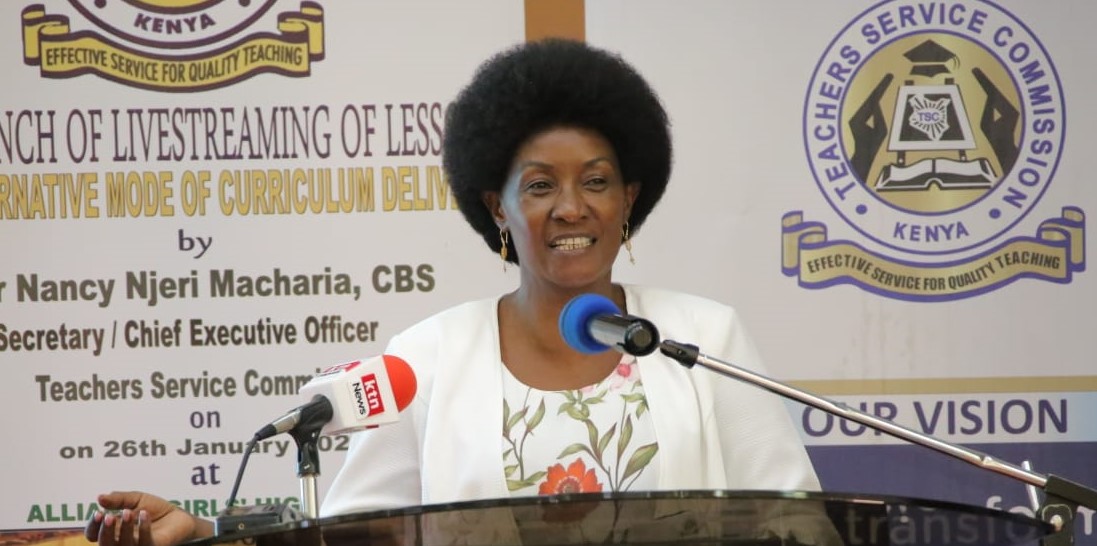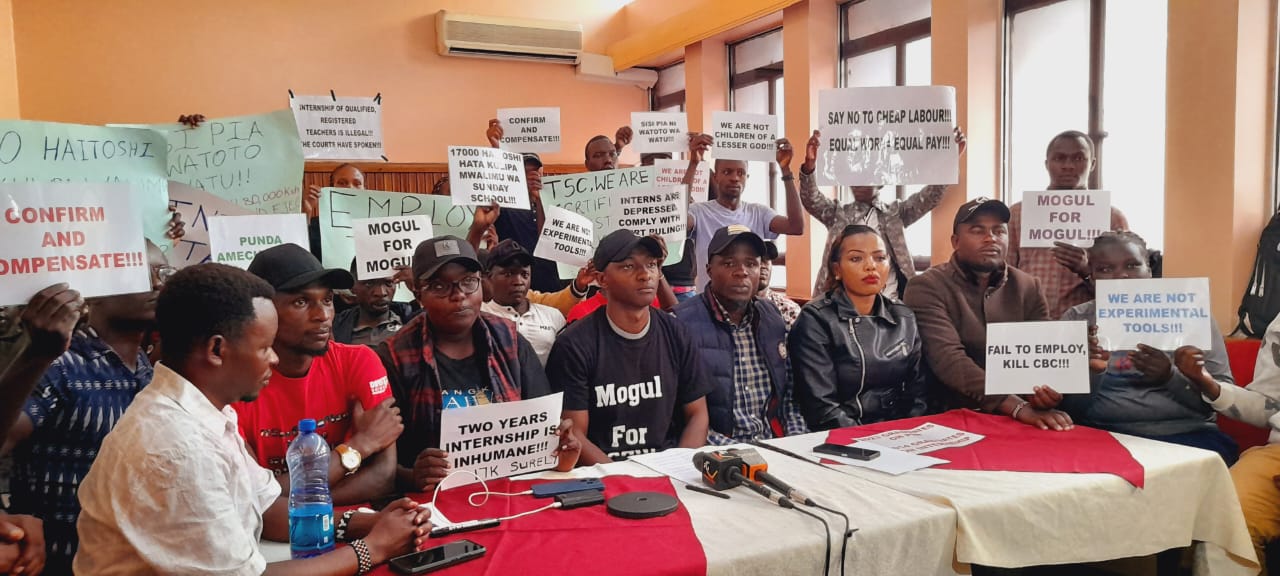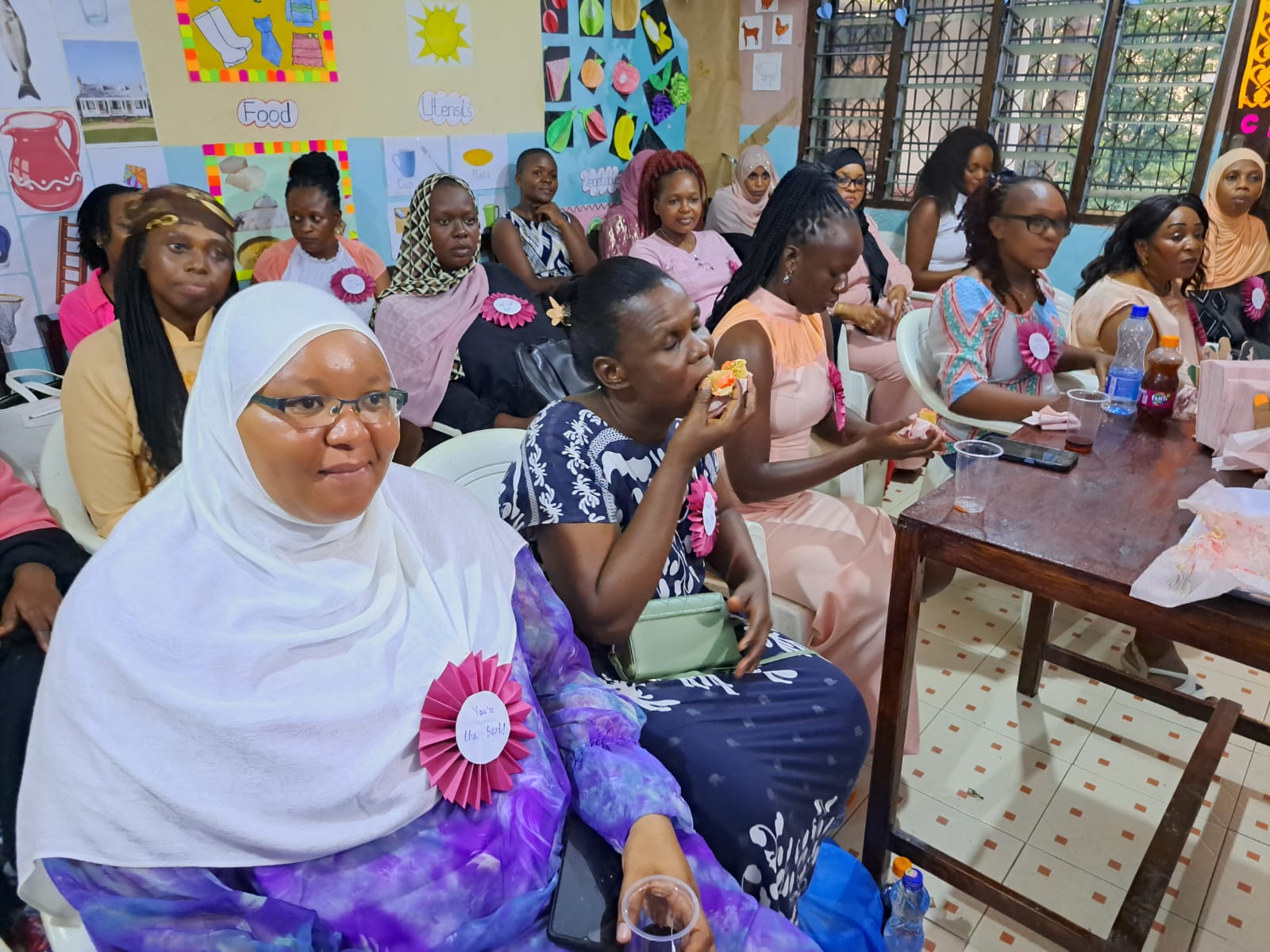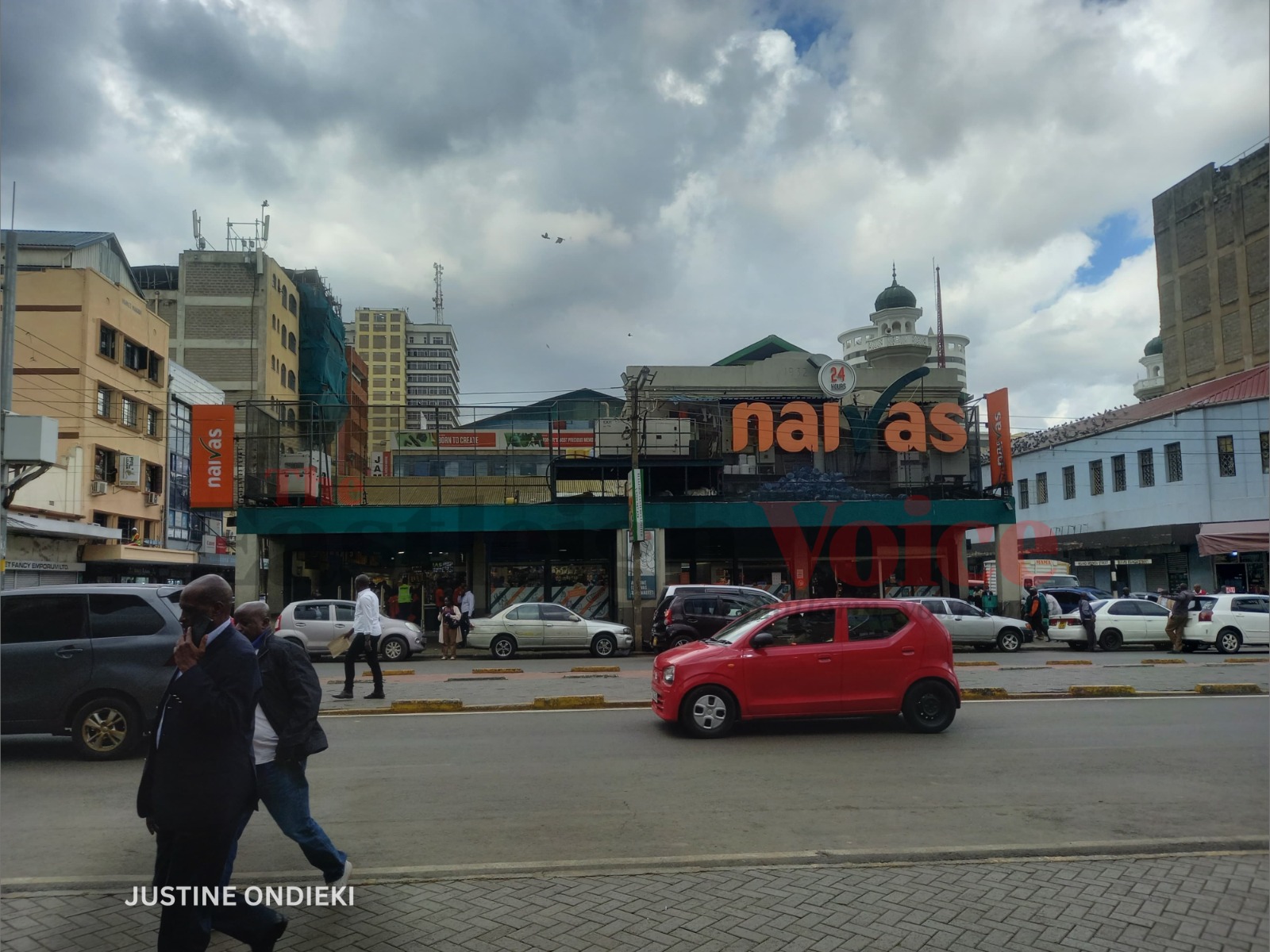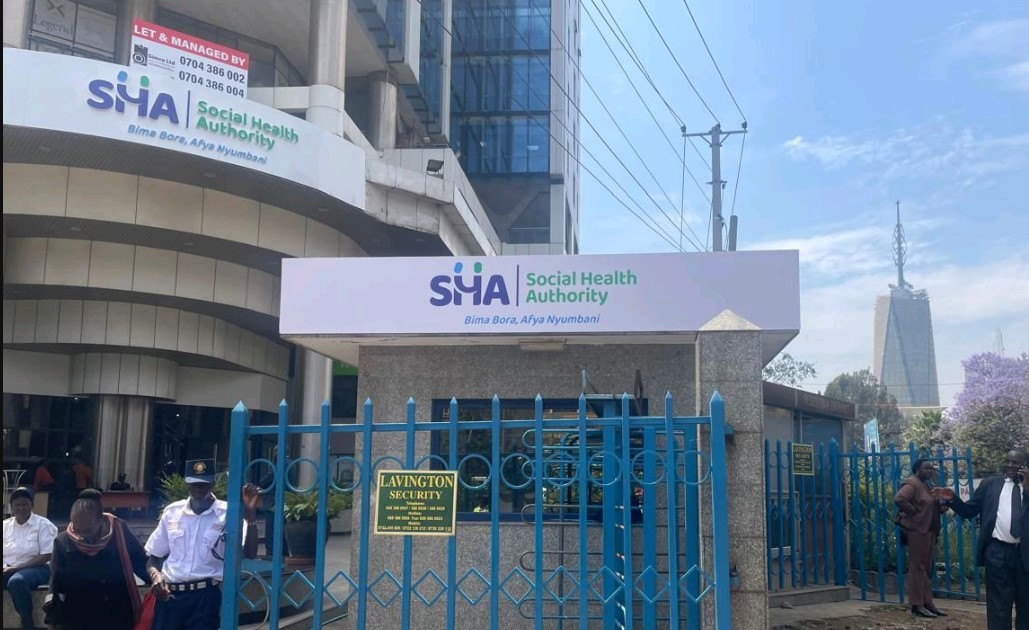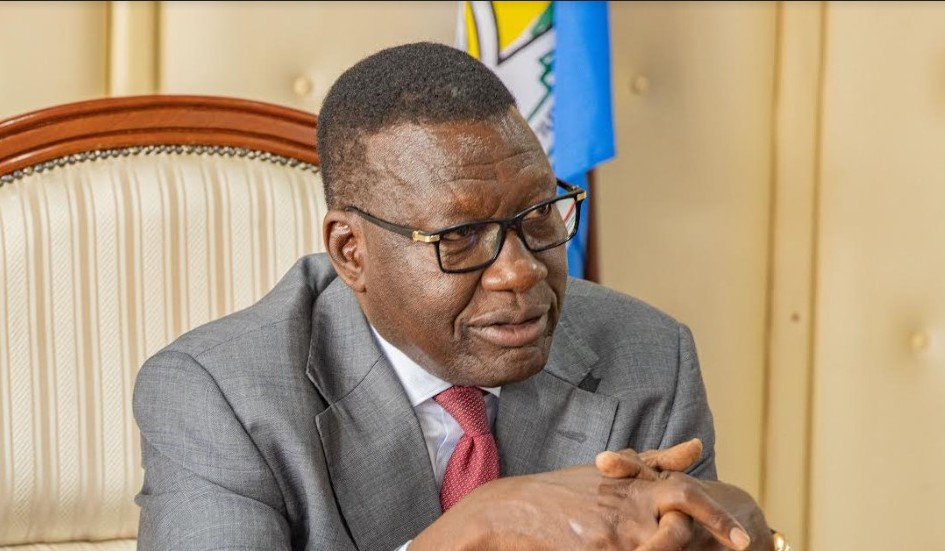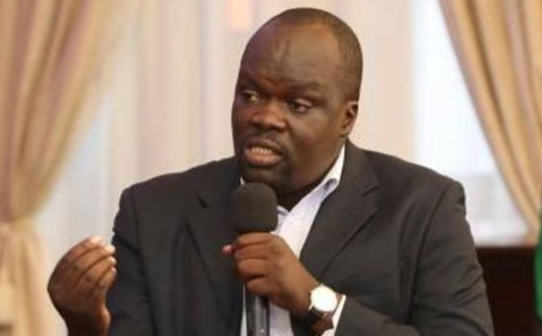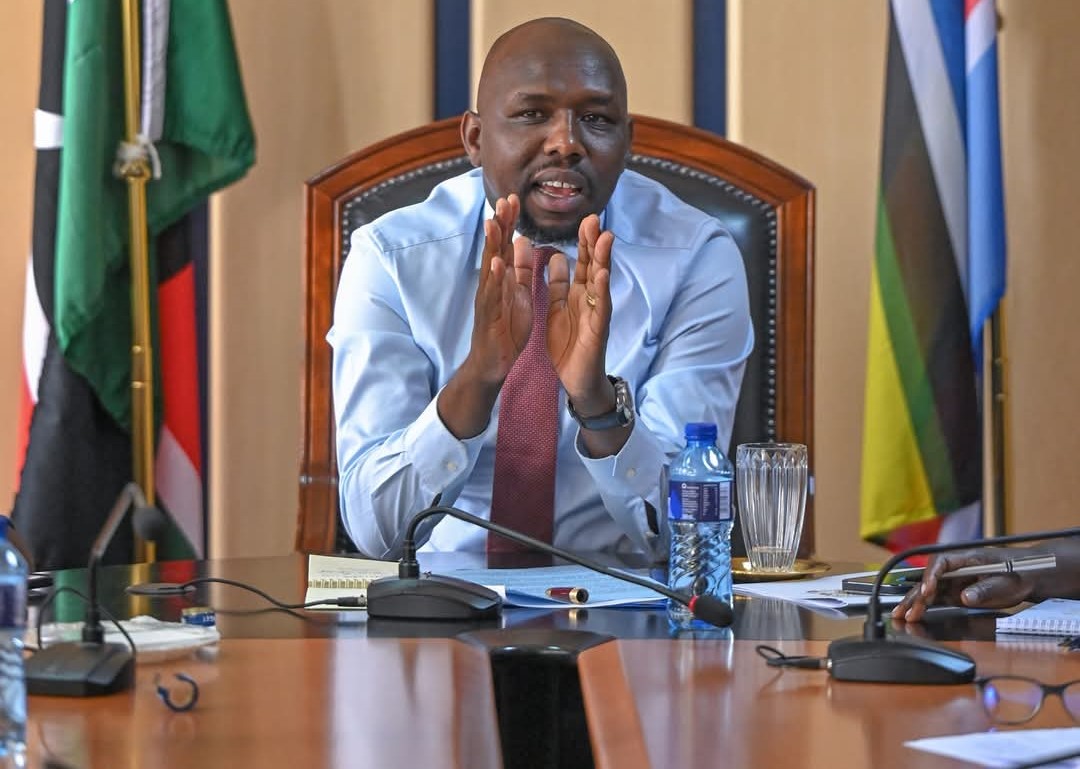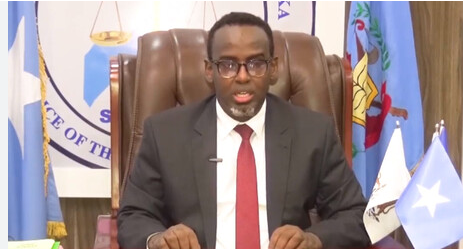Ruto warns political rivals of tough battle in 2027 as he defends government achievements
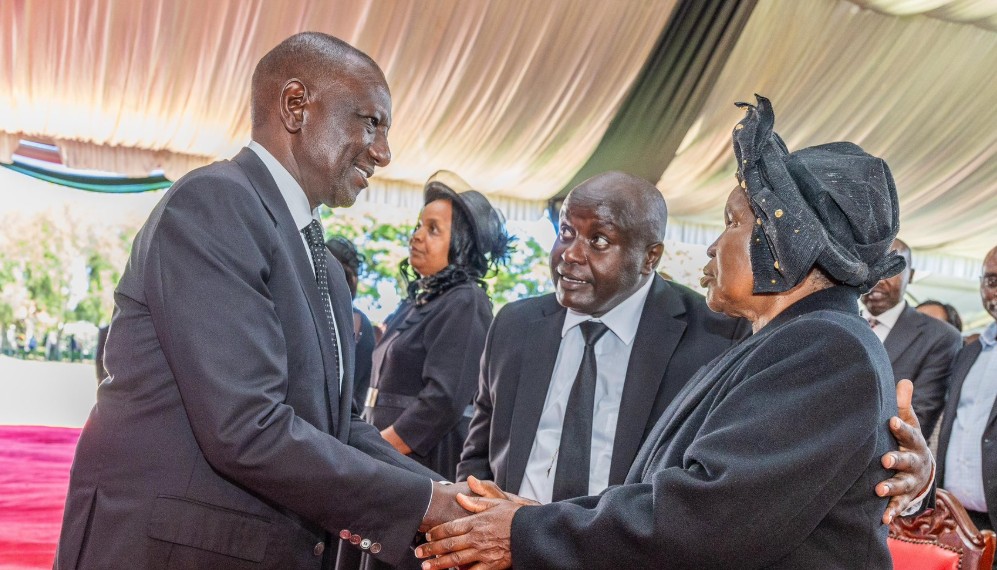
The President pointed to several ongoing government initiatives, including the fertiliser subsidy programme aimed at boosting agricultural productivity.
President William Ruto has issued a stern warning to his political opponents, inisisting that challenging him in the 2027 General Elections will be far from a walk in the park.
Speaking at the funeral of former Cabinet Minister John Koech in Bomet County on Tuesday, Ruto said his rivals, whom he accused of offering no substantive development agenda, would face a tough battle in the next election.
More To Read
- Gachagua unveils Democracy for Citizens Party, names Cleophas Malala as interim deputy leader
- Murkomen: Government has no official data on missing persons
- President Ruto postpones tour of Ukambani region
- Caught between superpowers: US Senators question Ruto’s loyalty after China ‘new world order’ remarks
- Ruto under fire as rights group disputes claim all protest victims have returned home
- Ruto tackles ‘hakuna dawa’ in hospitals with Sh10bn boost to KEMSA, county payments push
“I know I have a mandate from the people of Kenya, and the verdict on my performance will come in 2027. I do not intend to fail that test. I must deliver and earn a second term in office. I am well-prepared for the duel ahead,” the President said.
Ruto took the opportunity to showcase his administration’s accomplishments, highlighting key sectors such as healthcare, infrastructure, education and agriculture.
He pointed out the government's progress in stabilising the economy, highlighting a significant reduction in inflation from 9 per cent to 3 per cent since he took office in September 2022.
He said his administration had also rolled out reforms in various agricultural sub-sectors, including tea, coffee and dairy, which had led to higher production and increased incomes for farmers.
Despite criticism from opposition leaders, Ruto remained firm in his resolve to fulfil his promises to Kenyans.
The President pointed to several ongoing government initiatives, including the fertiliser subsidy programme aimed at boosting agricultural productivity.
Contractors paid
“Last week, we paid Sh60 billion to contractors who are now back on sites to continue upgrading roads to bitumen standards,” he said.
In the healthcare sector, Ruto proudly spoke of the progress made with the Social Health Authority (SHA) scheme.
The initiative has already enrolled 21 million Kenyans, with counties such as Mombasa, Bomet, Nyeri, and Elgeyo Marakwet leading in registration.
The President noted that the universal health coverage programme had relieved many Kenyans from the burden of selling land or property to afford treatment.
“People no longer have to sell their land or property to access treatment. That is the direction we're heading,” Ruto stated.
While Ruto focused on his administration's achievements, political allies like Senate Majority Leader Aaron Cheruiyot were quick to defend the President from ongoing attacks.
Cheruiyot emphasised that the presidency is bigger than any individual and that constant political attacks were unwarranted.
“There will be another president after Dr Ruto. The presidency is not about an individual. You cannot reduce the office to personal attacks,” he said.
Cheruiyot also accused the media of bias, urging it to adhere to professional standards.
Former Bomet governor Isaac Ruto praised the late John Koech for his humility and honourable service, noting that he had gracefully accepted electoral defeat in 1997 and supported him as he assumed office.
“Once elections are over, let’s accept the outcome and support those given the mandate to lead,” Ruto said.
Other leaders, including Cabinet Secretaries Kipchumba Murkomen (Transport) and Davis Chirchir (Energy), reaffirmed their commitment to the government’s development agenda. Murkomen specifically warned against disruptions of public events, vowing to deal firmly with those responsible for causing disturbances.
"Those sponsoring goons to disrupt funerals and rallies will be dealt with firmly. Those who organise such events must inform security agencies so that peace can be maintained," Murkomen stressed.
As political tensions sometimes rise in the region, governors Hillary Barchok (Bomet), Erick Mutai (Kericho), and Patrick Ntutu (Narok) offered their support to Ruto, emphasising the need to maintain peace for the success of his agenda.
The leaders called for unity, urging their supporters to uphold decorum and avoid clashes, as seen in previous presidential visits to the county.
Top Stories Today
- Security personnel shoot in the air to disperse goons at Gachagua’s party launch
- Employers face penalties for failing to remit SHA contributions
- CS Mbadi: KCSE funds frozen over misuse, but parents won’t pay
- Three men sentenced to death for violent robbery and killing two cousins
- High Court suspends Gachagua's impeachment case, awaits fresh direction from CJ Koome
- Gachagua unveils Democracy for Citizens Party, names Cleophas Malala as interim deputy leader
- Kuscco executives took Sh192 million insider loans before dismissal
- Afreximbank launches Sh129bn funding kitty to empower African creatives
- Chirchir under fire as MPs decry infrastructure budget bias against Northern Region
- Investment firm sues Kileleshwa MCA Robert Alai, accuses him of invading Runda property
- TSC seeks Sh70 billion to hire 98,000 teachers nationwide
- Murkomen: Government has no official data on missing persons
- How climate change fuels rise in gender-based violence in Garissa
- Nearly half of women-led aid groups at risk of closure amid global funding cuts — UN
- Somalia launches crackdown on human trafficking networks
- Linturi quits UDA, says he won’t be part of a party that embraces murder
- State urges universities to embed AI in all training programmes
- Murkomen: Why police are solving MP Were’s murder faster, unlike other cases
- No country is being targeted, UK says, as visa rules tighten
- New AUC Chair faces old challenges as he seeks to rebuild trust with regional blocs
